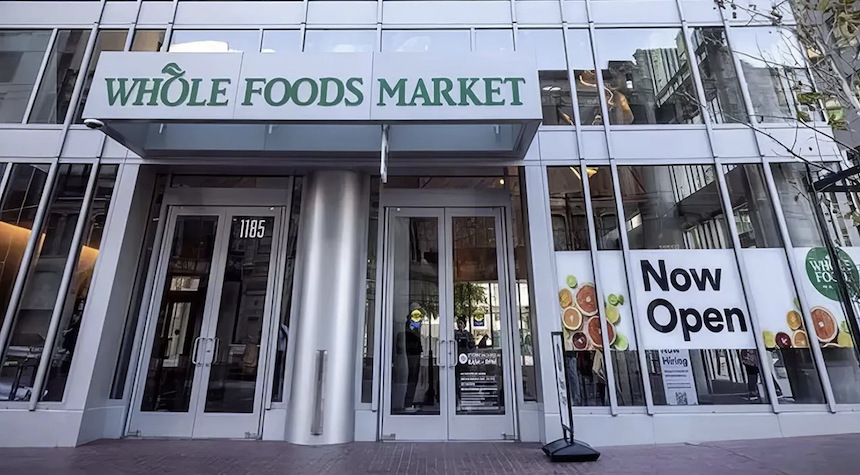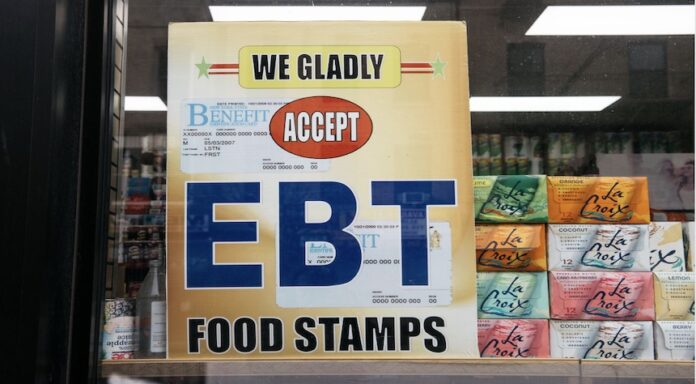House Republicans claim that the federal food assistance program has a loophole that costs taxpayers $7 billion annually.
No Welfare for the Rich Act aims at setting asset and income thresholds for Americans to qualify for programs such as Temporary Assistance for Needy Families (TANF) or the Supplemental Food Assistance Program (SNAP), also known by the term “food stamps”. This bill would eliminate broad-based categorical eligibility (BBCE), a system that allows Americans to receive food aid if their wealth exceeds the federal limit.
Ben Cline, R-VA, who introduced the bill on Thursday said: “You shouldn’t have to exploit a loophole within a state statute to qualify for Food Stamps. ”
Some people may do it unintentionally, but some do it intentionally. It is not acceptable for anyone to receive benefits, whether they are doing so deliberately or not.

BBCE is active in 41 states plus Washington, D.C. The federal government also provides block grants to these states for their food assistance programs. According to Fox News Digital, they can use the money to spread information about their programs through pamphlets and hotline numbers.
Cline explained, because this information qualifies as a “benefit”, these “beneficiaries” can bypass federal guidelines about assets and enroll in Food Stamp Program.

The brochures about other welfare programs led to the enrollment of five million people on food stamps who shouldn’t be. This costs taxpayers $5-$7 billion. Cline said that this loophole wasn’t intended to exist.
In 2020, the Biden administration withdrew the proposed rule.
This bill was introduced to prepare Congress for expected partisan fights over the Farm Bill. This five-year plan covers topics such as federal food assistance programs and conservation initiatives.

Cline’s bill is co-sponsored by House Freedom Caucus Chair Scott Perry, R-Pa., Republican Study Committee Chair Kevin Hern, R-Okla., and Reps. Keith Self of Texas and Josh Brecheen of Oklahoma. But the conservative stated that he hopes to get Democrats on board, too.
“We’re hopeful that it’s a bipartisan initiative,” Cline said. “Most of the bills that I introduce are bipartisan… This one should be appealing to both conservatives and progressives who want to see government assistance programs targeted to those who they’re meant for.”


